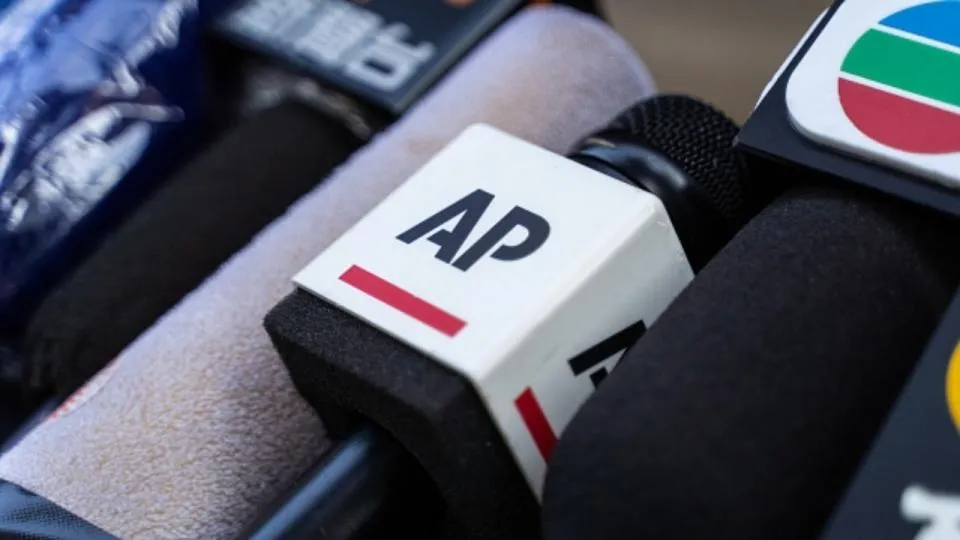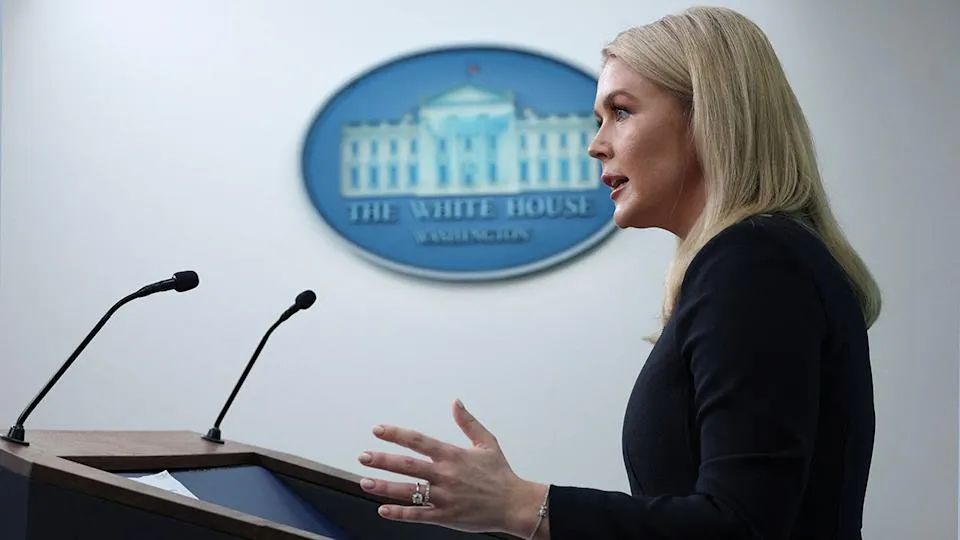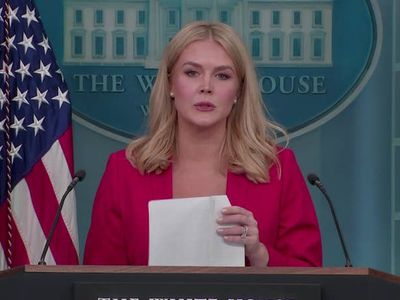Federal judge rules White House's Associated Press ban unconstitutional for 'viewpoint discrimination'
A federal judge determined on Tuesday that the White House violated the Constitution by excluding the Associated Press from Oval Office events. U.S. District Judge Trevor N. McFadden, appointed by Trump, stated the White House acted against First Amendment principles by blocking the established news organization over its refusal to use the term "Gulf of America."

"The Government provides no other believable reason for its actions toward the AP. The Constitution prohibits viewpoint discrimination, even in restricted spaces like the Oval Office," McFadden wrote.
"Under the First Amendment, when the Government allows some journalists access—whether to the Oval Office, East Room, or other locations—it cannot exclude other journalists because of their viewpoints," he added. "The Constitution demands this protection."
McFadden ordered the White House to reinstate AP's media access but delayed implementation for one week to allow for a possible appeal.
After President Donald Trump signed an executive order changing the name of the "Gulf of Mexico" to the "Gulf of America" on his first day in office, the AP issued guidelines about how it would refer to this body of water.
"The Gulf of Mexico has been known by that name for over 400 years. The Associated Press will use its original name while noting the new name Trump has selected. As a worldwide news organization distributing news globally, the AP must ensure place names and geography remain easily identifiable to all readers," the guidelines explain.
The White House barred AP from the Oval Office and Air Force One in February due to this naming stance.
White House deputy chief of staff Taylor Budowich wrote on X: "The Associated Press keeps ignoring the legal geographic name change to the Gulf of America. This choice is divisive and shows the Associated Press' dedication to spreading false information. While their right to irresponsible reporting is protected by the First Amendment, this does not guarantee them unlimited access to restricted areas like the Oval Office and Air Force One."
Earlier, White House press secretary Karoline Leavitt had stated, "It is factual that the water body off Louisiana's coast is called the Gulf of America, and I don't understand why news outlets refuse to use this name."
AP spokeswoman Lauren Easton expressed satisfaction with Tuesday's ruling: "We appreciate the court's decision. Today's ruling confirms the basic right of media and citizens to speak freely without government punishment. This freedom is guaranteed to all Americans by the U.S. Constitution."

In response to the court decision, Foundation for Individual Rights and Expression public advocacy director Aaron Terr praised the ruling when speaking to Fox News Digital, calling it a triumph for press freedom.
"This verdict represents a clear win for media liberty," Terr remarked. "The court firmly upheld the essential First Amendment principle that government officials cannot penalize journalists simply because they dislike their perspectives or coverage. The AP maintains the right to follow its own stylebook — without requiring White House approval."

